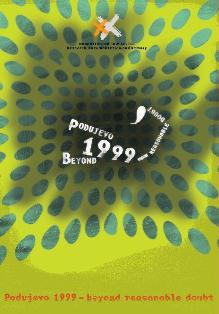Victim/Witness Counselling and Legal Representation: a Model of Support – Project implementation report
In the period following the toppling of Slobodan Milošević, the transitional government supported domestic war crimes trials, but it soon became clear that serious impediments existed. Police was not willing to share its data on war crimes perpetrators with prosecutors, primarily because most of them belonged to the police. On the other hand, prosecutors and judges were not able to secure victims’ participation in war crimes trials because of their mistrust in Serbian institutions.






 The book in front of you portrays the court truth about the responsibility of Saša Cvjetan, charged with the war crime against civilian population committed on 28 March 1999 in Podujevo, Kosovo. The documents, chronologically sorted, show how a trial, initiated on a factually incomplete and selective indictment, grew into a serious process against denial, lies, and impunity.
The book in front of you portrays the court truth about the responsibility of Saša Cvjetan, charged with the war crime against civilian population committed on 28 March 1999 in Podujevo, Kosovo. The documents, chronologically sorted, show how a trial, initiated on a factually incomplete and selective indictment, grew into a serious process against denial, lies, and impunity.